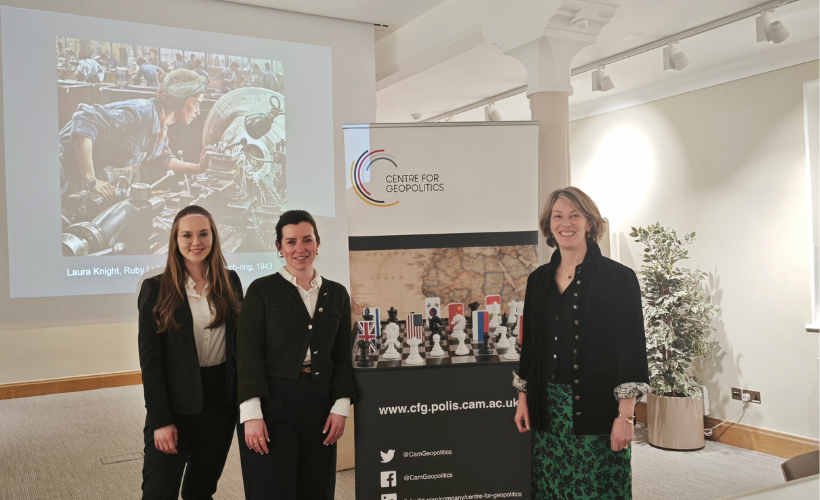By Suzanne Raine
At COP26, President Biden spoke about historic investments in clean energy, cutting US greenhouse gas emissions by over a gigaton by 2030. These sharp new targets will mean a massive increase in the number of EVs, batteries, solar panels and turbines. This change will only be possible through new technology that will, in turn, require exploitation of new raw material resources. It comes down to geopolitics: the mining, refining and manufacture processes are dispersed globally, with vital dependencies in countries whose value systems do not match those aspired to by the West. At a time of unravelling globalisation, decoupling, supply chain interruptions, rising energy prices, inflation, labour exploitation, modern slavery and war in Europe, the Centre for Geopolitics convened a webinar to start to explore the conflict between ambition and reality.
By 2040, the International Energy Agency estimates that the demand for nickel, cobalt, graphite and lithium will have increased by somewhere between 2,000 and 4,000 per cent. The World Bank has stated that to meet future demand for copper, we will have to mine the same amount as has been mined over the last 5,000 years. Accepting that a long-term reliance on China to meet the West’s needs is no longer tenable, our panel focused on the West’s development of its own capabilities: the US is working to secure a “Made in America” supply chain for critical minerals, the UK government is drawing up a Critical Metals Strategy to sit alongside its Innovation Strategy and Net Zero Strategy, the EU has a Critical Raw Materials Action Plan. One question which immediately arose is: can the West avoid competing with itself as each state races to meet its own targets? Our panel was optimistic: this month a new Minerals Security Partnership aimed at securing the supply was agreed between Canada, the United States, Australia, Finland, France, Germany, Japan, South Korea, Sweden, the United Kingdom and the European Commission.
The West has large deposits of critical minerals, but the big question is whether it is prepared to accept the social and ecological disruption of extraction. This will depend on mining companies being enabled to act: one panellist observed that if we were really serious about the transition to green technology, there would be demonstrations demanding an increase in local mining, planning permission processes would be shortened and governments would be offering incentives to mining companies. The panel agreed that more mining would undoubtedly have an environmental impact, and observed that this conversation is not yet happening in the way that it needs to. A short webinar in itself can do little more than air these issues, but wider understanding is the first step towards more thoughtful action.







